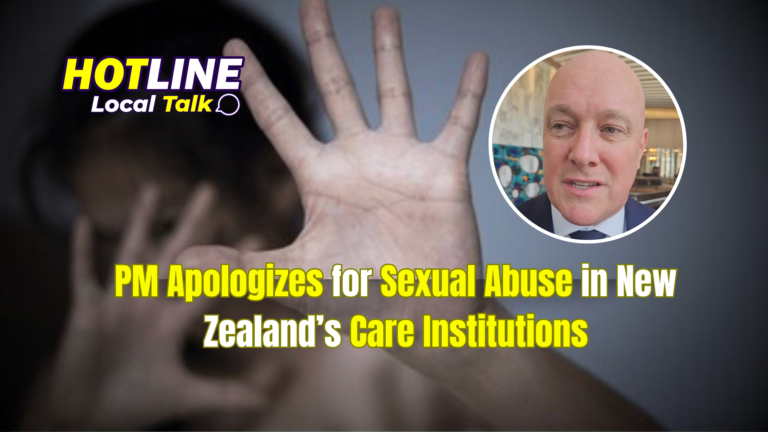Recent findings from the Royal Commission of Inquiry into Abuse in Care have cast a stark light on the widespread abuse suffered by vulnerable individuals in New Zealand’s state and faith-based care institutions over several decades. Prime Minister Christopher Luxon issued a formal apology, acknowledging the severe harm and the failure of governmental oversight that allowed this abuse to persist. Below, we examine the scope of these findings, the systemic flaws exposed, and the path forward for justice and healing.
Introduction to the Royal Commission Findings
The Royal Commission’s inquiry, spanning from 1950 to 2019, investigated abuse across numerous state-run institutions, including youth detention centres, foster homes, and church-based care facilities. The findings reveal a tragic history of neglect, abuse, and cover-ups, impacting an estimated 200,000 children and vulnerable adults who were supposed to receive care. Testimonies from survivors indicate a pattern of emotional, physical, and sexual abuse that was largely ignored or suppressed by the institutions responsible for their safety.
The Scope of Abuse and Its Impact on Survivors
According to the report, the abuse took many forms, from severe neglect to horrific acts of physical and sexual violence. Survivors report lasting trauma, with many still grappling with mental health challenges, trust issues, and a profound sense of betrayal. The abuse disrupted lives, strained families, and deprived survivors of the safe environments that were promised to them.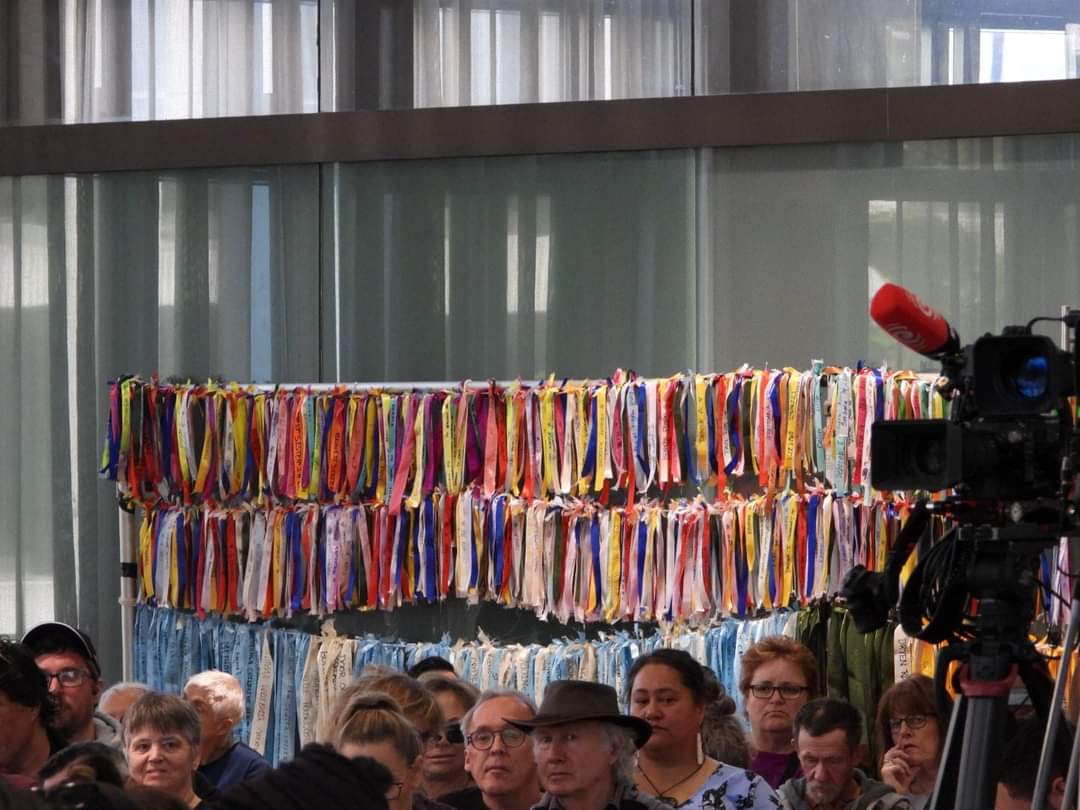
One particularly harrowing example is that of former patients at Lake Alice Hospital, a psychiatric facility where children were subjected to electric shocks and painful injections, often as punishment rather than treatment. Survivors of Lake Alice have fought for decades to have their voices heard, highlighting the extensive lengths to which institutions went to hide their misconduct.
Systemic Failures and Government Oversight
The inquiry attributes much of the abuse to systemic failures within the state and religious organisations. Policies around reporting and accountability were either absent or ineffective, allowing abusers to act with impunity. Many survivors reported that when they tried to speak out, their complaints were dismissed, and, in some cases, they were further mistreated for coming forward. The Commission’s findings indicate that these institutional responses contributed significantly to the prolonged suffering of those in care.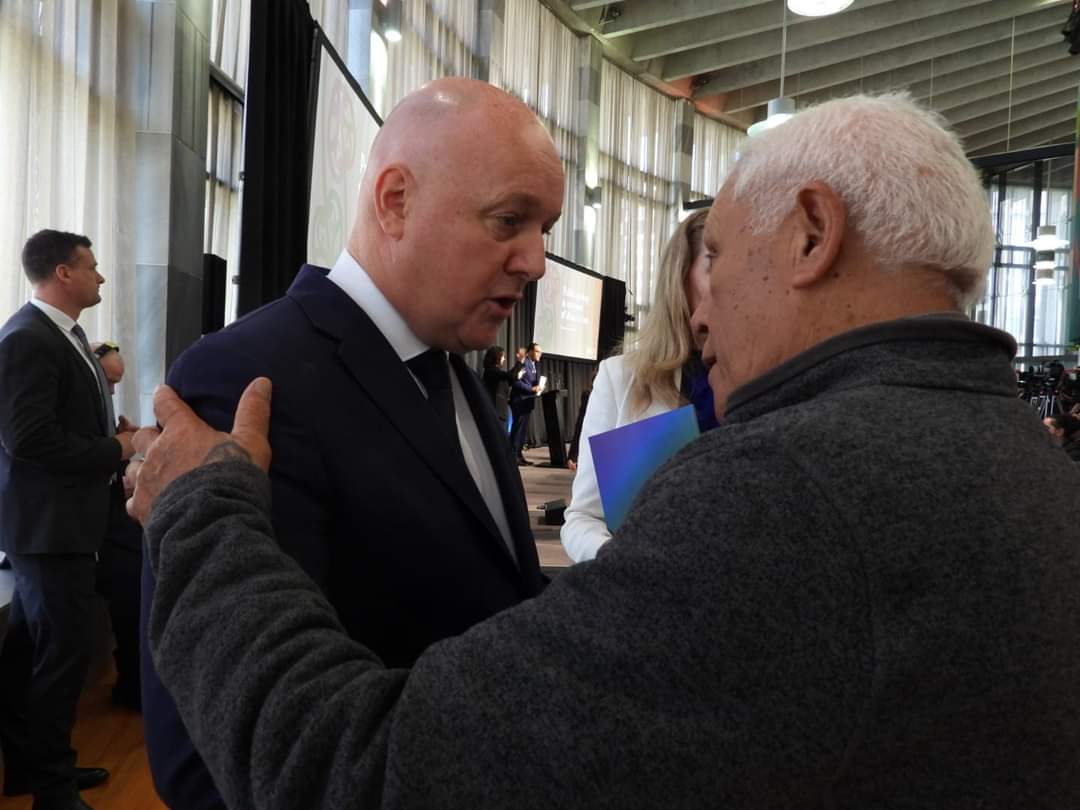
Government oversight mechanisms failed repeatedly, as monitoring agencies either lacked sufficient power or resources to enforce accountability. Weak regulations and inadequate background checks for caregivers compounded these issues, creating a culture in which abuse could thrive unchecked.
Disproportionate Impact on Māori and Marginalised Groups
Māori individuals, as well as other minority groups, were disproportionately represented among those abused in care. This over-representation is attributed to broader social inequalities, including systemic bias and over-surveillance by child welfare and law enforcement agencies. Māori survivors frequently experienced harsher treatment, fewer options for recourse, and a distinct lack of culturally appropriate care.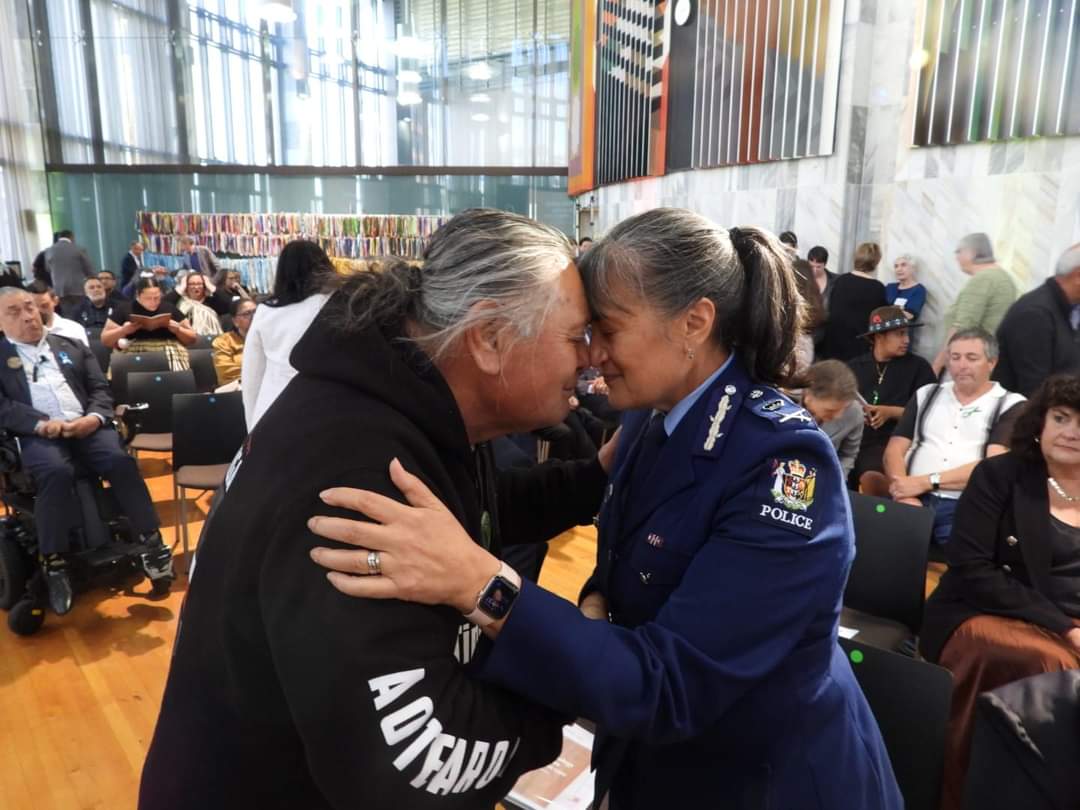
This disparity speaks to a deep-rooted issue within New Zealand’s child welfare and justice systems. Addressing this imbalance is essential to prevent future abuse and to restore trust within these communities, who have borne the brunt of institutional failure.
Prime Minister’s Apology and Future Government Actions
In a significant moment, Prime Minister Christopher Luxon offered a formal apology to survivors, recognising the government’s failure to protect those under its care. During his speech in Parliament, Luxon expressed sorrow and regret for the atrocities committed, specifically apologising to survivors of Lake Alice Hospital for the inhumane treatments they endured. He acknowledged the long delay in providing this recognition, which many survivors and their families have awaited for decades.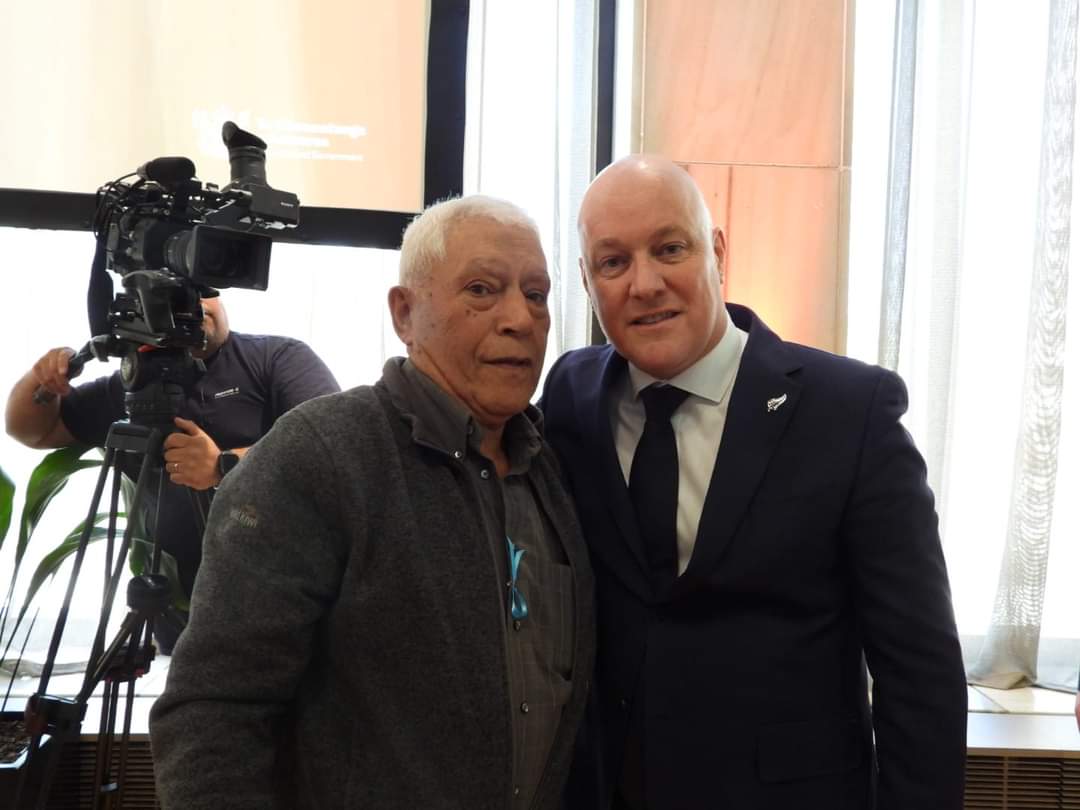
The government has pledged to take action based on the Commission’s recommendations, which include the establishment of an independent redress system, improved monitoring of care institutions, and new policies to safeguard the rights of individuals in care. Luxon’s apology marks a step towards accountability, but survivors have emphasised that words alone are insufficient without tangible actions and compensation.
Conclusion and Path Forward for Healing and Justice
The Royal Commission’s findings reveal a painful chapter in New Zealand’s history that demands accountability and reparative justice. Survivors have called for timely redress, including compensation and ongoing support, to help them rebuild their lives. Additionally, comprehensive reforms to child welfare and care systems are essential to prevent such abuses from occurring again.
The road to healing and justice remains long, but with the government’s commitment to meaningful change, there is hope that future generations will be better protected. Recognising and addressing past failures is a crucial step in restoring public trust and ensuring that those who suffered are finally seen, heard, and supported.





